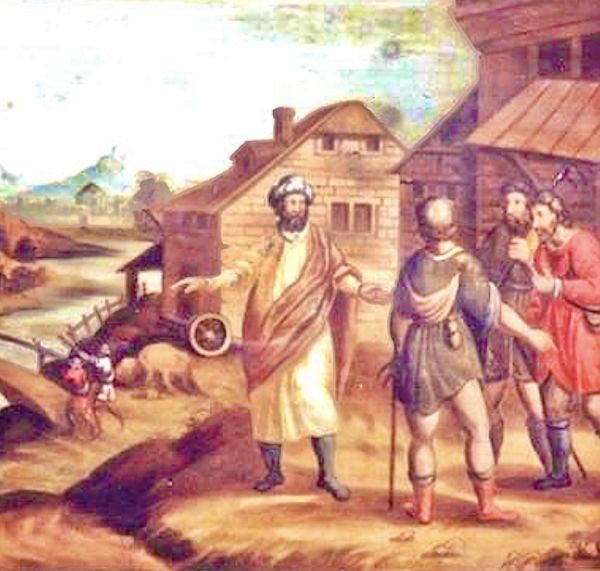In chapter twenty of Matthew's Gospel, Jesus likens the kingdom of heaven to a master who calls and welcomes to work in his vineyard at all hours, even those who arrive at the last hour. Without taking anything away from those who have worked hard all day, the Lord fully welcomes even those who arrive late, according to the human clock.
God, in his goodness, evaluates according to a criterion different from the prejudices of men.
Therefore: «the last shall be first and the first, last» (Mt 20:16).
In the Franciscan Sources we find a Poor Man who loved hard work and not prejudice, shunning idleness.
He understood, however, that our God is not despotic, but dispenses his goods in total gratuity.
The Minor always looked to the Goodness of the Author of all things, who cares for each one, and wants to lead all into his Kingdom.
He exhorted his brothers to work with solicitude in the Vineyard of the Lord, welcoming everyone and staying away only from those who were idle.
The Sources recount:
"When the brothers were staying at Rivotorto, there was one of them who prayed little, did not work, and refused to go looking for alms because he was ashamed: he ate hard, however.
Considering such conduct, Francis realised with the light of the Holy Spirit that this was a carnal man. And he addressed these words to him:
"Go your way, Brother Mosca! You want to eat the work of your brothers, but you are idle in the service of God. You are like the drone, which neither works nor gathers, and devours the fruit of the labour of the industrious bees."
That fellow went his way, without even asking for an apology, from the carnal man that he was" (FF 1612).
Yet Francis had no prejudices, and always contemplated the Supreme Goodness of God, going back to the saving Origin of all things.
In this way "he exulted over all the works of the Lord's hands and, from that spectacle of joy, he went back to the Cause and Reason that makes all things live" (FF 1162).
So he did not fail to admonish his brothers not to be envious of what the Lord was working in their neighbour:
"Whoever envies his brother concerning the good that the Lord says and does in him, commits the sin of blasphemy, for he envies the Most High himself, who says and does all good" (FF 157 Admonitions).
And again:
"I want my brothers to work and keep themselves exercised. In this way they will not go about, idling with their hearts and their tongues, grazing on illicit things" (FF1093).
Wednesday of the 20th wk. in O.T. (Mt 20:1-16)












